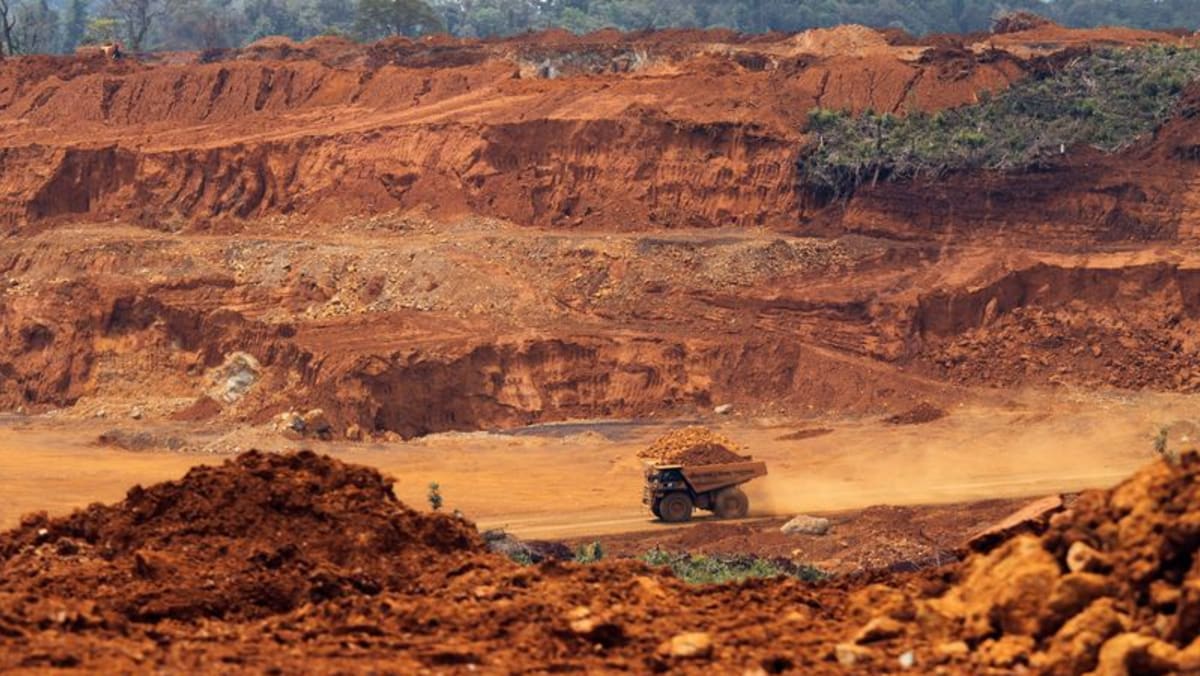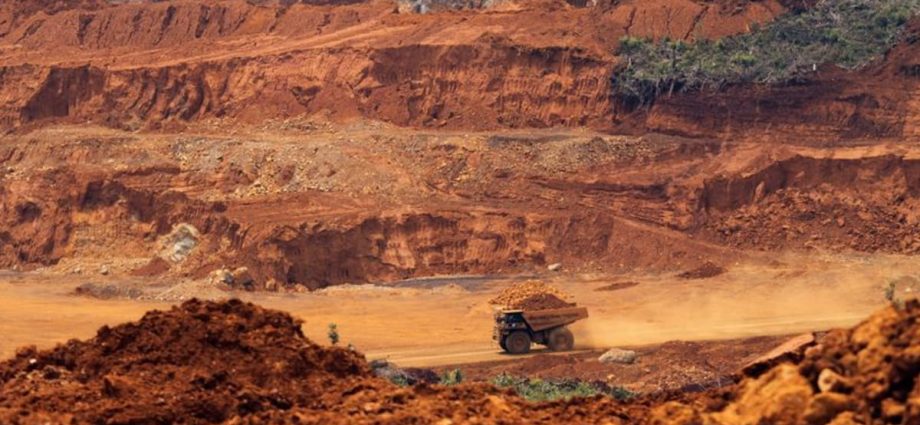
A global cartel of nickel-producing countries would be much more complex, difficult to organise and could be undercut at any time by a single member or simply by the vagaries of the market.
Not every nickel-producing country is going to have – or be able to achieve – the same objective. This could easily make any such undertaking unwieldy. Canada, a major nickel producer, has already indicated that it would be very unlikely to participate in any such scheme.
Another potential deterrent is that intentionally restricting supply to drive up prices incentivises actors to invest in developing alternative technologies. It would be a big gamble for Indonesia to assume that batteries will always be dependent on nickel.
If the price is too high and supply chains become excessively politicised, companies will start looking to develop batteries without nickel – a process that is already under way. An OPEC-style cartel risks accelerating this process while alienating trade and investment partners in the process.
The downside of alienating partners for short-term economic gain is also worth considering. Though Indonesia has nickel, it cannot manufacture batteries or EVs without the technology and know-how from mature industry players like China’s CATL, South Korea’s LG Group or Japanese automakers. Indonesia needs their assistance to move up the value chain as much as they need Indonesia’s nickel.
INDONESIA’S ECONOMIC NATIONALISM
Resource-rich emerging markets like Indonesia have a long history of exploitation by more mature economies, particularly in extractive industries. Indonesia is asserting itself in a more muscular form of economic nationalism as a response, at least in part, to these historical imbalances.

